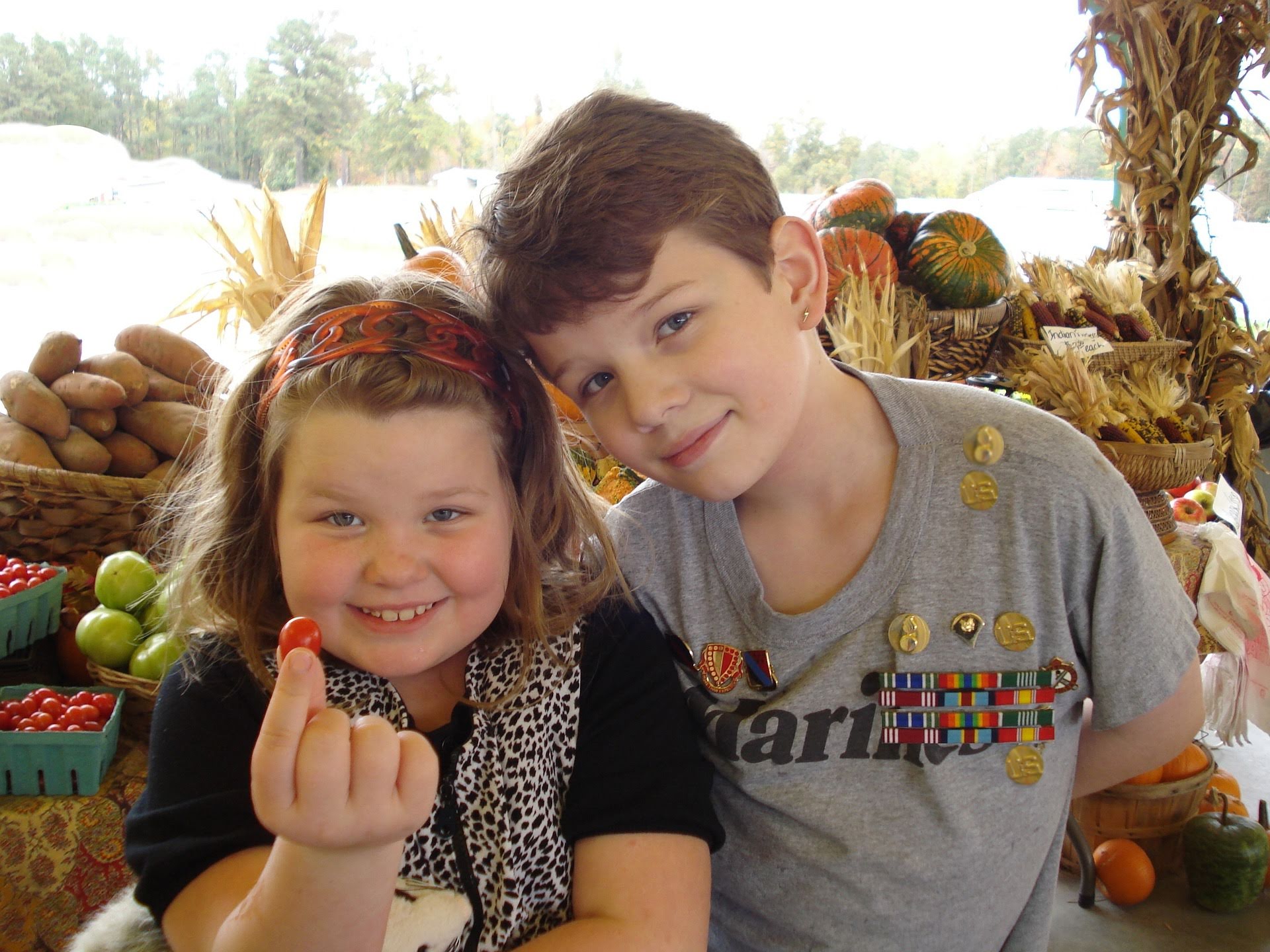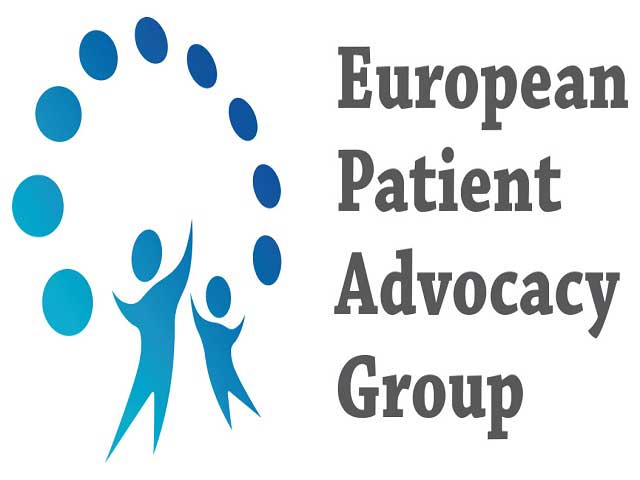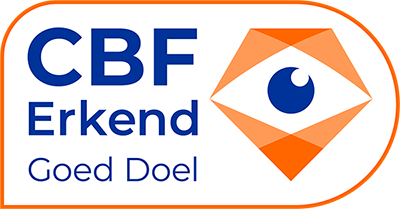If your brother or sister is ill
The impact on brothers and sisters

A sick child has an impact on the entire family. Siblings are sometimes neglected.
Often, in a family with a sick child, the sick child receives the most attention. Sometimes, as a result, the other children in the family don’t receive enough attention. They often adjust so they do not bother the rest of the family. This can eventually cause problems. Els Jonker*, a retired paediatrician, explains how to deal with this.
Els Jonker discusses children between the ages of 0 to 23 years who grow up with a sick family member. In particular those that have a brother/sister/father/mother with a physical and/or mental condition. About 10 to 25% of children have a sick family member at some point in their childhood.
The Positives and Negatives of being a caregiver
Child caregivers develop a number of skills/qualities. They are often very independent, have a sense of responsibility, have social and caring skills, and are proud that they are able to take care of others. Besides these positive effects, there are also negative ones. The young caregivers often experience more stress. Also their mental health can suffer, especially when there is a parent with psychological problems.
School results can also worsen. And with respect to social interactions, they often think they are the only one with these problems and feel less at ease when they are with children who are not in the same situation. They have less free time because they often have to help more at home. They know what to do in situations where they are caregivers, but as soon as they are not, they don’t know who they are and don’t know how to act. To a certain extent they lose their identity. Young caregivers often haven’t learnt to draw the line and therefore find it difficult to say no.
Development
One of the biggest fears of very young children is to be separated from their parents. Children may experience this when a parent is absent because he/she is at the hospital with a sick child. At the age of 1 to 2 years, they can interpret this absence as a punishment for something they did wrong. They might also be afraid of mutilation, namely that they would get the same illness as the sick family member (especially if it is a physical disorder). When they are a little older (preschool age), they might even believe that they have themselves caused the illness in some way. It is important to talk to the child about this so he/she knows he/she is not to blame. Children of school age will not ask for attention, even if they need it, when they see that their parents are stressed out or very busy. They neglect themselves because the sick child/parent comes first. They don’t want to cause extra problems.
Pubers sometimes become afraid the disease is genetically transmittable, or in the case of a skin disease, that it is infectious. Again: it is important to discuss this. Explain that it is not infectious and tell this to other children as well.
The children also don’t really dare to leave the family so they can live on their own. They think the family still needs them. Being adults, they find it difficult to express that they want to live their own life, and feel guilty if they do.
Pitfalls
Most conversations are about the sick child and their disease. The sibling protects the sick family member and vice versa, and because of that, it is not discussed.
The young caregivers are especially good at socially desired behaviour. They know how to handle fear and how to behave in a way that doesn’t show their anxiety to the outside world. Because of that, most people who associate with them think they are doing well. The children also don’t dare to talk about issues they have with their sick brother or sister. Family members as well as teachers and doctors don’t notice this and don’t realise this can have consequences.
What can help?
It helps when it is recognised/appreciated that you are a caregiver. It is also useful to have access to information about what it’s like to have a sick sibling. Until a few years ago this information was very scarce. Anjet van Dijken (1976), who grew up with a visually impaired and slightly disabled brother, also discovered this. After her parents passed away, she was on her own at a very young age and became her brother’s guardian and mentor. She wrote a book about it in 2013 together with other people who have a sick/disabled sibling. In her book ‘Brussenboek’ (http://brussenboek.nl/boek/), 36 children and adults (between 6 and 69 years old) show what it’s like to live with a disabled or mentally or physically ill sibling. Anjet later published a second ‘Brussenboek’. There is also a series on TV called ‘Bikkels’, in which children with a sick or disabled family member are being followed (https://www.npostart.nl/bikkels/25-01-2015/VPWON_1229824).
Support from family, teachers and doctors is very necessary. Parents should talk to their children so they know what’s difficult for them and is bothering them. They should be open to their child about their sick sibling’s disorder: tell them what it is and what changes or difficulties are to be expected. If you don’t do this the children will (sometimes wrongly) come to their own conclusions.
The children should be encouraged to ask questions. They should be stimulated to have their own life, hobbies and friends, and make their own choices. Ask family and friends to interact with the siblings, not only with the sick child. Make sure the healthy children also receive a gift from time to time, and not just the sick child. Talk to your child about the different reactions people have to the disease and how they can deal with them. Ask your children what they are worried about and discuss it. Have fun together. In short: spend quality time with your children.
Books for children about companions
- Het is oké…, Een boek voor brussen, Leona Bruyenberg (6 to 9 years old).
- Broers en zussen in en om het ziekenhuis, Anjet van Dijken (6 to 12 years old).
- Ik ben er ook nog!, Femke Quadackers (12+).
- Dus ik ben een brus?, L. Bruessing (13+) .
- Broers-en zussenboek, Anjet van Dijken (15+).
*Dr Els Jonker was a paediatrician at GGD North and East Gelderland until January 2018 (now retired), is ambassador young caregiving, is guest lecturer at NSPOH (Netherlands School of Public & Occupational Health, theme: Growing up and raising with sickness and care in the family).






